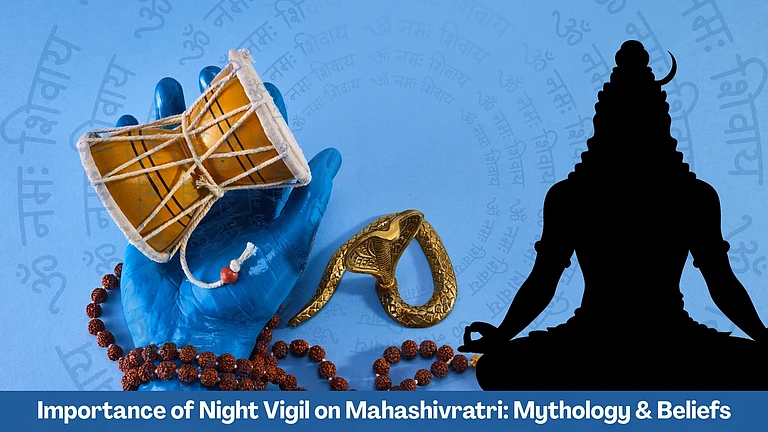A group of young people are using puppets in tea gardens of Assam to spread awareness on the ills of early marriage and gender-based violence and exhorting the youth, especially girls, to complete their formal education. Members of PuppetPeople, a Guwahati-based group which uses puppetry as an alternative method of story-telling while giving important social messages, are also using song-and-dance to make the tea garden workers understand the issues better.
"We have performed 11 shows in five tea gardens in Udalguri district between December 5 and 10. Our format consists of a five-minute song-and-dance using string puppets, followed by a 15-minute play called 'Amar Asha' using body puppets," Drishana Kalita, founder of PuppetPeople, told PTI. The puppet shows are a part of the annual United Nations-supported 16 days of activism against gender-based violence, which starts on November 25 and concludes on December 10.
Barefoot College, a non-governmental organisation working on women-centric projects in Assam, had enlisted PuppetPeople for the shows. Kalita said the entire show has been presented in the local Sadri language and the characters of the play developed in a manner so that the audience can relate to them.
"The practice of quitting education midway and getting married at a tender age is very prevalent among the girls in the tea garden areas. Our own research has found it. Through the play's main character teenage girl Asha, who is from a tea garden workers' family, we try to project how wrong choices could lead to problems for the entire life," she said.
The performances are done during the lunch break of the workers within the main garden area, and again in the evening near their houses or market squares inside the gardens. "The first performance is mostly confined to the women. In the second performance, we have a mixed crowd, with children and men also joining in," Kalita, who is accompanied by her team members Manash Protim Neog, Navanit Nilavh, Rituparna Saikia, Biswajit Handique and Deepjyoti Dutta, said.
The response to the shows has been positive and the people even take part in the song-and-dance during the performance, she said. The women are especially happy because the issue of alcoholism is also touched upon in the play as it remains at the root of most problems for them, the puppeteer said. "We can only hope that at least a few of the girls and their families take back and keep with them the message we are trying to put across. If we can impact even a handful of lives now, we believe a beginning has been made," Kalita added.
(With PTI inputs)


























